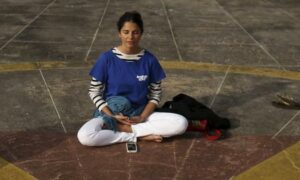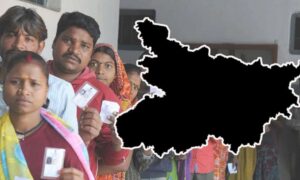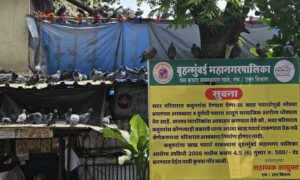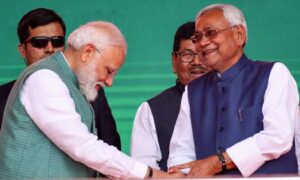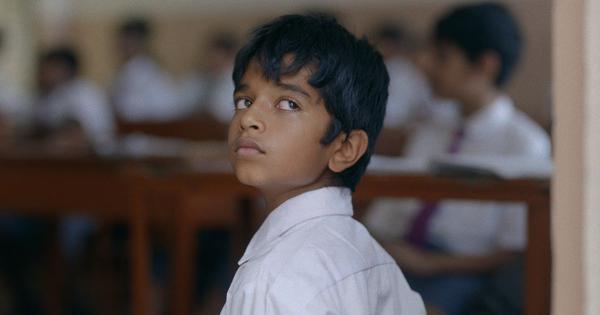
Anoop Lokkur’s debut Kannada feature Don’t Tell Mother gets its title from a secret code between brothers. Various things happen to Aakash (Siddarth Swaroop) and Adi (Anirudh L Keserker), particularly Aakash, but nothing that the young boys can’t handle between themselves – or so they think.
The charming and beautifully performed observational drama is set in 1990s Bengaluru. It’s the age of cathode-ray tube television sets and Walkmans, stamp collections and Jurassic Park. The boys’ mother (Aishwarya Dinesh) keeps fit by watching aerobics on video cassettes whenever she has time for herself, which is rare.
Amma is overburdened with housework and child-rearing. The boys’ father (Karthik Nagarajan) frequently travels outside for work, leaving behind a household that is loving and close-knit but also mildly oppressive in its own way for the mother.
Rather than a typical structure, Lokkur’s screenplay is driven by a series of episodes that reveal the dynamic between the boys, their parents and the members of the extended family. The grandparents live close by. There are holidays spent in the ancestral house, outdoor cricket sessions and niggling challenges at school, summed up by Aakash’s glum observation, “When you are a kid, they give you sweets. When you grow up, they give you beatings.”
In Don’t Tell Mother, childhood is magical and innocent but harsh and scarily adult-like too. Lokkur, who drew on his own formative years, observed that while the film is steeped in nostalgia, remembrance is coloured by who is bearing witness.
“Memory is complicated – when I spoke to my family about certain events, each of us remembered different details,” Lokkur told Scroll. “What we remember from our pasts is as unique as our fingerprints. As kids, we hold on to the fun moments. But when we revisit those times as adults, we start to see the pain too.”
Lokkur initially set out to make a short film based on the story in 2019. When the Covid pandemic broke out in 2020, Lokkur used the downtime to develop a feature script. Don’t Tell Mother was premiered in September at the recently concluded Busan International Film Festival.
The movie unfolds mainly through the perspectives of nine-year-old Aakash and his mother. Aakash sees and hears what children shouldn’t but do anyway – bickering parents, Amma’s thwarted ambitions, thoughtless remarks by family members.
“It was important for me to show both sides in the film – the innocence and warmth, but also the frustrations and struggles,” Lokkur said. “I tried to capture it all, because that’s real life.”
Initially, the script was meant to reflect only Aakash’s point of view. “When I shared it with my wife and producer Mikayla and the director of photography, Matthew Jenkins, we all felt something was missing,” Lokkur said. “That’s when I realised Amma’s story needed to come through as well.”
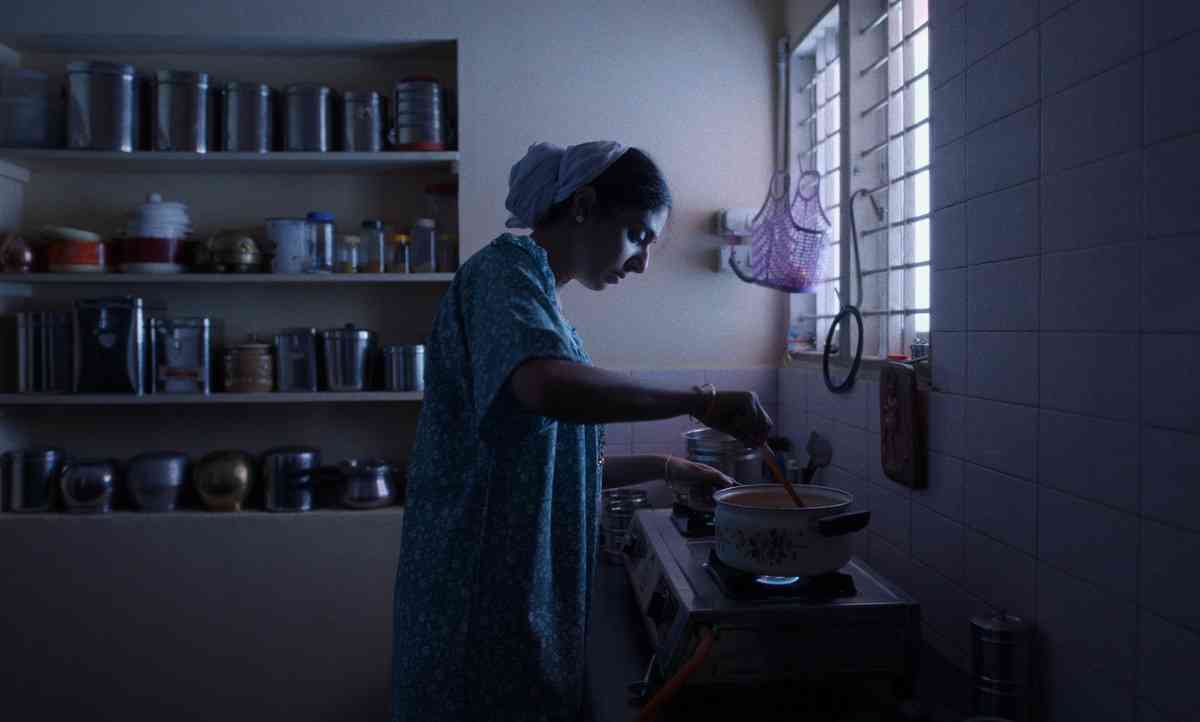
A leisurely pace, in which the passage of time is acutely felt, is among the consequences of setting the film in Bengaluru in the 1990s. That decade was a “beautiful time to be a kid”, Lokkur said.
“Compared to today, the city felt relaxed,” he added. “There were lakes, more trees, and life just felt slower. I remember playing out on the streets with friends every day, jumping across houses to get to my [grandmother] Ajji’s place, playing video games, watching Cartoon Network, and collecting WWE trump cards and stamps. I tried to bring as much of that world into the film as possible.”
Among the production challenges was avoid Bengaluru’s current urban nightmares.
“The hardest part was actually avoiding modern vehicles sneaking into outdoor shots,” Lokkur recalled. “So much of the city has changed.”
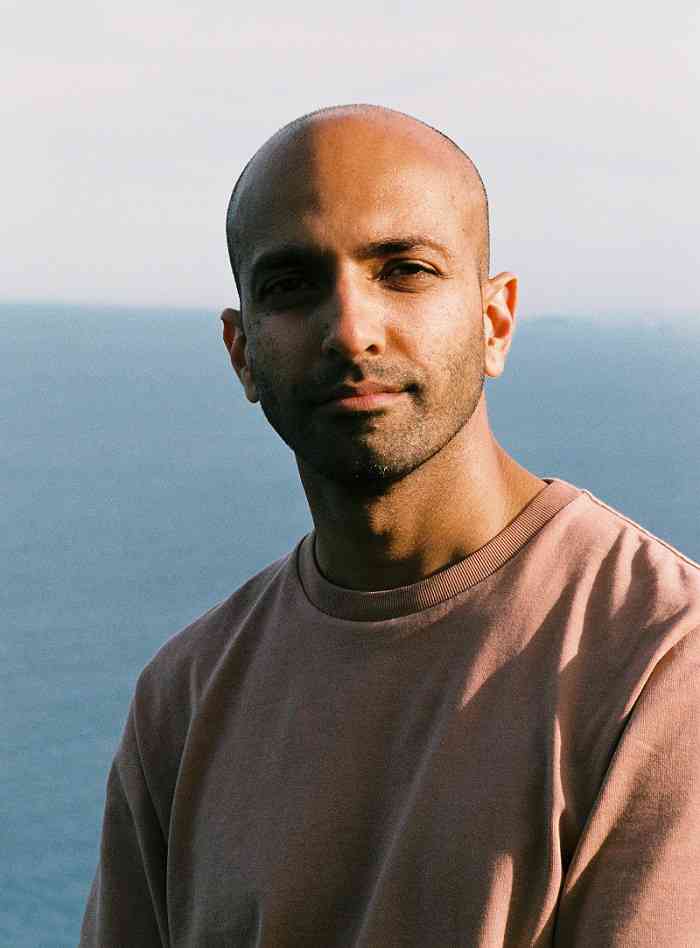
The children who play the boys turn out astonishingly natural performances. Siddarth Swaroop, as the sensitive and caring Aakash, and Anirudh L Keserker, as the younger, frequently sleepy Adi, behave like actual siblings. There are even scenes when the boys appear to be fast asleep on camera.
Lokkur cited Pather Panchali, Summer 1993, The Florida Project and Nobody Knows as some of his favourite films about childhood.
“The films really capture that innocence we see in children, and that’s something I hoped to bring into my own film too,” Lokkur said. He would explain the scenes in Don’t Tell Mother to the child actors and ask them to react as they would with their parents and friends.
“The boys happen to have a brotherly dynamic, that was completely lucky, maybe the fact that they both had brothers in real life had something to do with it,” Lokkur said. “Sid, especially, had this protective instinct toward Anirudh, which was really endearing and helped a lot on screen. As for the times they were sleeping on screen, in most cases they actually were.”
📰 Crime Today News is proudly sponsored by DRYFRUIT & CO – A Brand by eFabby Global LLC
Design & Developed by Yes Mom Hosting

